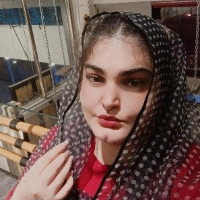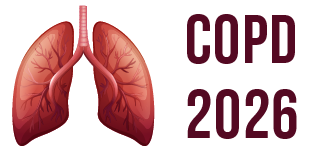3rd World Congress on
COPD and Pulmonary Diseases
September 09-10, 2026 | Barcelona, Spain

Address: Avinguda Del Maresme 78 Ronda De Dalt Exit 15, 08940 Comellà de Llobregat, Barcelona, Spain
COPD 2026

Shiraz University of Medical Science Abstract, Iran
Abstract:
Chronic Obstructive Pulmonary Disease (COPD) imposes a substantial, yet unequal, clinical and economic burden that disproportionately affects deprived populations and exacerbates health inequities.[1] This systematic review examines the health economic consequences of these disparities. Following PRISMA guidelines, a search of PubMed, Scopus, and Web of Science (2015-2025) was conducted.[1] The review confirms a strong socioeconomic gradient in COPD prevalence, morbidity, and mortality. Financial barriers limit access to essential medications and pulmonary rehabilitation, leading to poor outcomes. Indirect costs from lost productivity and caregiver burden are significantly higher in low-income households, perpetuating a cycle of illness and poverty.[1] These findings underscore the urgent need for justice-oriented policies. A focus on purely clinical solutions is insufficient. Equitable resource allocation, strengthening universal health coverage to include comprehensive COPD care, and implementing community-based interventions are critical. Investing in equitable COPD management is a moral imperative and a sound economic strategy.
Biography:
Rayehe Noroozi is a PhD student in Health Economics at Shiraz University of Medical Science. Her research focuses on health equity, the economic burden of chronic diseases, and the impact of socioeconomic factors on healthcare access in underserved populations.[1] She is dedicated to using health economic principles to inform policy and promote justice in global health systems. She has contributed to several research projects analyzing health disparities and aims to develop cost-effective intervention models for low- and middle-income countries.
